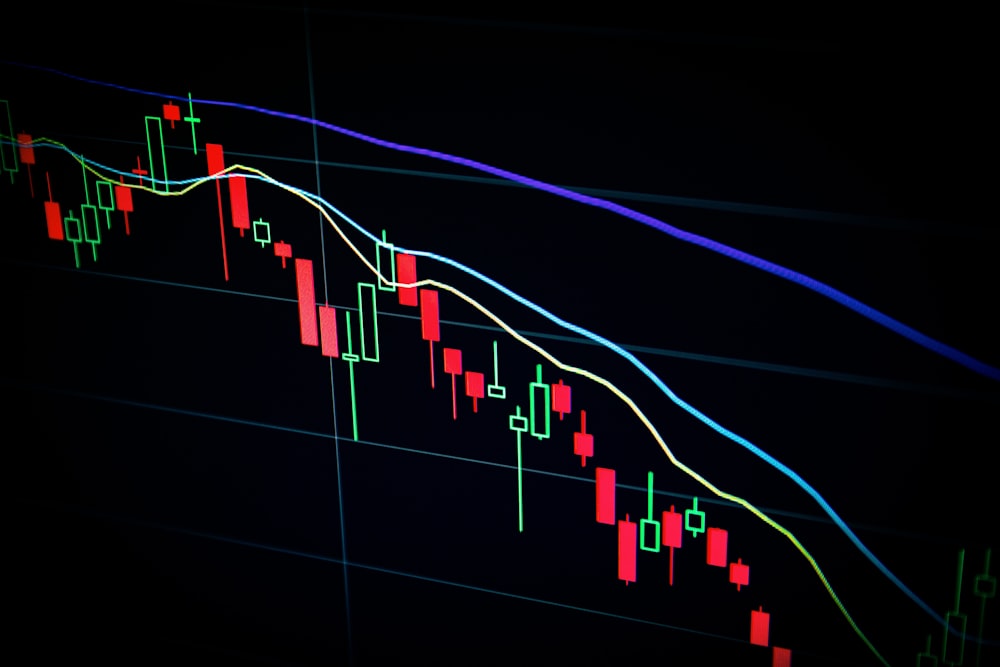📚 Table of Contents
Understanding Commodities Investing
Have you ever wondered how to break into the world of commodities investing? Unlike stocks or bonds, commodities trading involves raw materials like gold, oil, or agricultural products. This market is highly dynamic, influenced by global supply and demand, geopolitical events, and even weather patterns. For those looking to start a career in this field, understanding the fundamentals is crucial. Commodities can be traded physically or through futures contracts, making it essential to grasp both the tangible and financial aspects of the market.
Essential Skills for Commodities Investors
Success in commodities investing requires a unique skill set. Analytical thinking is paramount, as investors must interpret complex data like supply chain reports and economic indicators. Strong decision-making under pressure is another critical trait, given the market’s volatility. Additionally, familiarity with financial modeling and risk assessment tools can give aspiring investors an edge. Soft skills, such as negotiation and communication, are equally important when dealing with brokers, suppliers, and other stakeholders.
Education and Certifications
While a formal degree isn’t always mandatory, a background in finance, economics, or business can be highly beneficial. Many professionals start with a bachelor’s degree before pursuing specialized certifications like the Chartered Financial Analyst (CFA) or the Certificate in Commodity Trading (CCT). Online courses from platforms like Coursera or edX also offer valuable insights into trading strategies and market analysis. Continuous learning is key, as the commodities market evolves with global trends.
Starting Small: Building Experience
Breaking into commodities investing often means starting with internships or entry-level roles at trading firms, banks, or hedge funds. These positions provide hands-on experience in market research, trade execution, and client relations. Another way to gain exposure is by managing a personal portfolio or using simulation platforms to practice trading without financial risk. Over time, this practical experience builds confidence and expertise.
Mastering Market Analysis
Commodities investors rely heavily on technical and fundamental analysis. Technical analysis involves studying price charts and patterns to predict future movements, while fundamental analysis examines macroeconomic factors like inflation rates or production levels. Staying updated with industry news, reports from organizations like the EIA (Energy Information Administration), and geopolitical developments is essential for making informed decisions.
Risk Management Strategies
Given the inherent volatility of commodities, risk management is non-negotiable. Diversification across different commodities can mitigate losses, while stop-loss orders help limit downside risk. Many investors also use hedging techniques, such as futures contracts, to protect against price fluctuations. Understanding leverage and its potential impact is another critical aspect of safeguarding investments.
Networking and Mentorship
Building a strong professional network can open doors in the commodities industry. Attending industry conferences, joining forums like the Chicago Mercantile Exchange (CME) Group, or connecting with seasoned traders on LinkedIn can provide valuable insights. Mentorship from experienced professionals can also accelerate learning, offering guidance on market trends and career advancement.
Potential Career Paths in Commodities
A career in commodities investing offers diverse opportunities. Some professionals become traders, executing buy and sell orders for clients or firms. Others specialize in research, analyzing market trends to inform investment strategies. Risk managers focus on minimizing exposure, while brokers act as intermediaries between buyers and sellers. With experience, some investors even launch their own trading firms or consultancies.
Conclusion
Starting a career in commodities investing requires a blend of education, practical experience, and continuous learning. By mastering market analysis, managing risks, and building a strong network, aspiring investors can navigate this exciting and lucrative field. Whether you’re drawn to the fast-paced world of trading or the analytical side of research, the commodities market offers endless opportunities for growth.


Leave a Reply